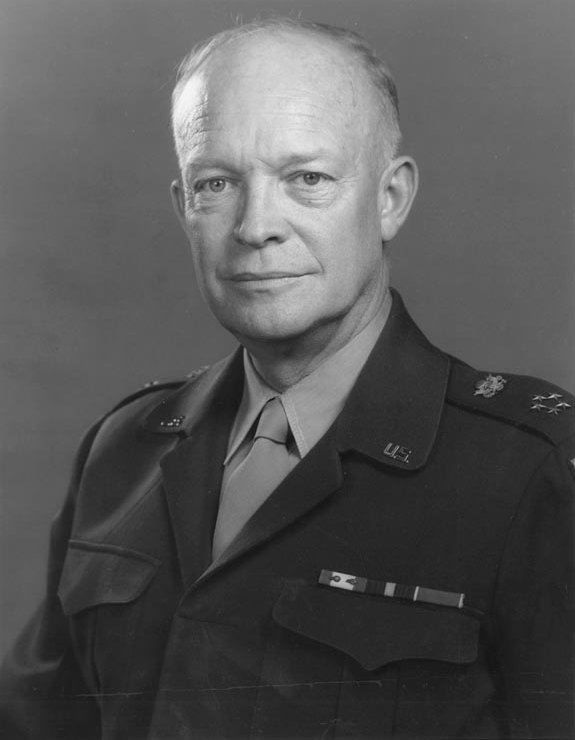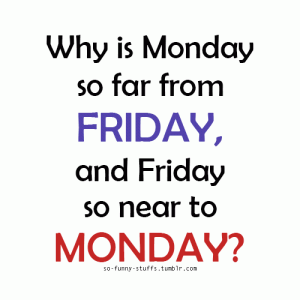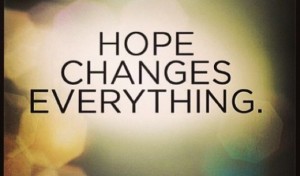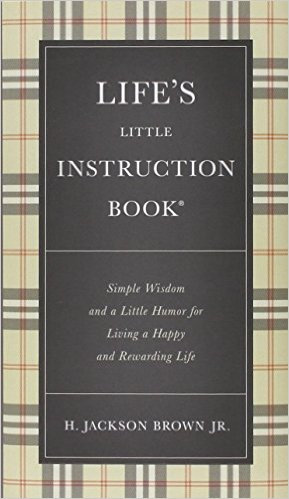“I never saw a pessimistic General win a battle.”
—Dwight D. Eisenhower 34th President of the United States

What battles are you fighting in your personal or professional lives? Along with optimal training and the best equipment possible, Eisenhower advises us to bring a “Can Do,” optimistic attitude to win the day.
All students of leadership would agree that articulating a hopeful and positive future is essential to engender the buy-in and alignment of our troops, family, and teams.
If the phrase, “What we think about comes about” is true, who would ever follow a reluctant, half-hearted, pessimistic leader anywhere? After all, they aren’t even sure they want to go themselves.
EXERCISE:
Where and in what ways can you be an optimistic “General,” leading yourself and others within your communities to a better future?










